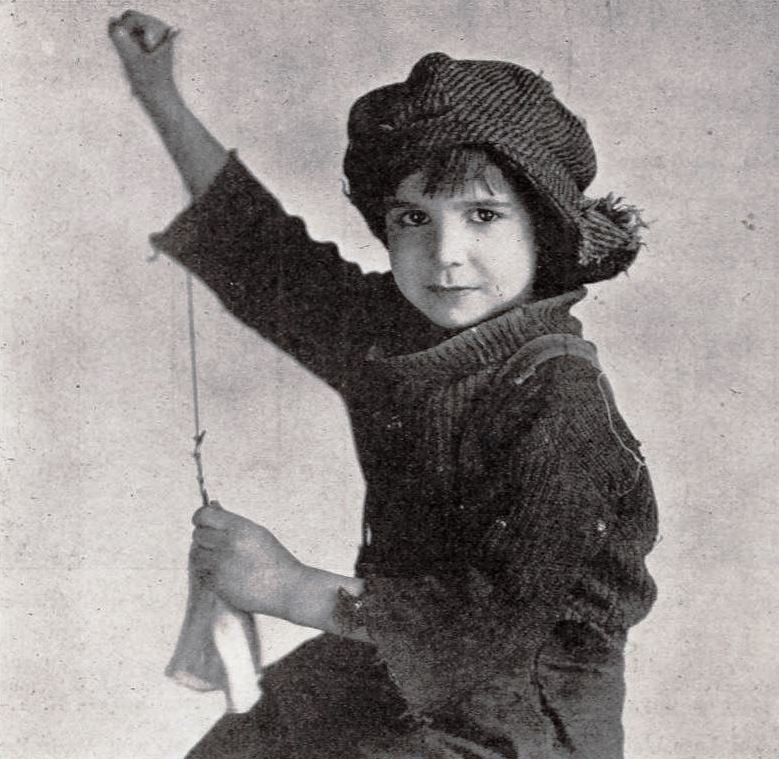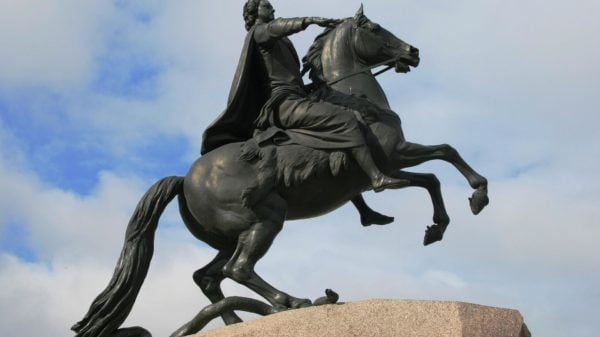The Coogan Law, otherwise known as a Coogan bill, is a law that applies to child performers. It is designed to make sure that a portion of their earnings are safeguarded when they reach their legal age or their age of majority. It protects children from exploitation and abuse.

Jackie Coogan starred in the movie The Little Rascals
This Bill was passed in 1939 by the California state in response to the plight of Jackie Coogan. He earned millions of dollars as a child actor only to discover later when he reached adulthood that his mother and stepfather had squandered most of his money. Since then, the Coogan act has been revised numerous times, most recently in December 2019. As it stands, funds earned and accumulated under a contract under the code will remain the child’s sole legal property.
According to the law, any of the parties may petition the court to ensure that the entertainment contract is approved. If the court agrees, rules will apply. Most apparently, the child cannot escape their responsibilities under the contract by not affirming them. In many cases, a child will typically have the power to do this.
Later revisions extend the contract’s entertainment scope that can be approved to include deals that minors provide, such as acting, music, comedy, and other performances or entertainment. Under this revised law, the court may also approve contracts that will involve the transfer of intellectual property.
The law requires that the employer of a child actor set aside a certain percentage of their earnings, in a trust fund which is often referred to as the Coogan account. It must also factor in issues such as school and leisure time.
Are today’s social media stars protected by the Coogan act?
It is unfortunate that young influencers lack the protection that kids working in film and TV enjoy. The online space is filled with opportunities for people looking to make quick access to megabucks.
One of the top paid child stars of 2018 didn’t get his prominence by appearing in major studios. Instead, it was kickstarted on a significantly small screen. Ryan Kaji was a YouTube sensation who unboxed toys on camera, and he earned over $22,000,000 for his stint.
He is part of a growing population of young social media super influencers who self-publish content on YouTube and Instagram. They have numerous followers who generate lucrative ad revenue for them.
Although Kaji’s parents have been proactive about putting the money he earns aside from him to access when he is fully an adult, it should be noted that digital influencers’ income is not protected by law. It raises questions about the vulnerability of children to parents who will be exploiting their young online talent.
Experts believe that although most parents will not likely intend to steal from their children, they may be unprepared for their child’s fame. In many cases, they will not be equipped to handle it. If there are no clear rules or regulations, the accountability of protecting a young influencer will fall into the hands of representatives. Experts believe that parents should work to save the earnings of their kids. In some entertainment firms’ children can only work if Coogan accounts protect them. A child’s income must be spent to cover essential expenses such as transportation and legal fees.

















